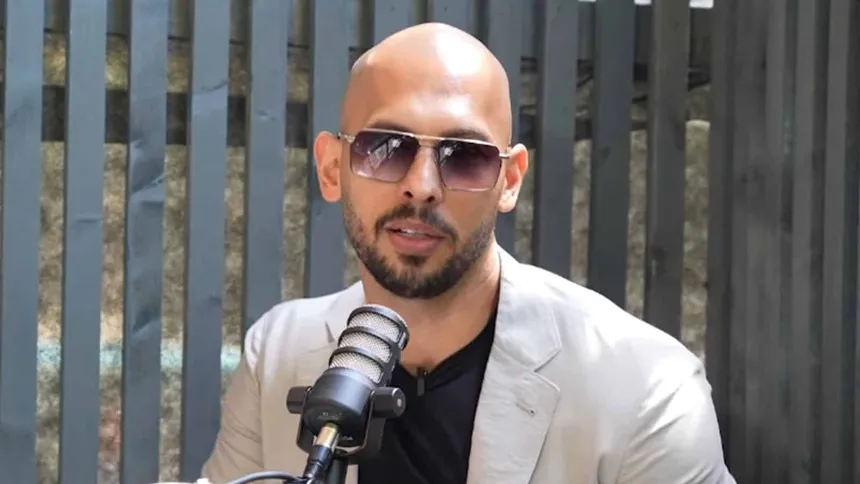The Romanian Tribunal has extended the house arrest of Andrew Tate, a social media personality, by 30 days, following allegations of rape, human trafficking, and forming a criminal gang to sexually exploit women. Tate, a former professional kickboxer, has nearly seven million Twitter followers and has been known to express misogynistic views and hate speech. He was initially arrested in late December, along with his brother Tristan, and two Romanian women are also charged in the case.
The Bucharest Tribunal’s decision came after prosecutors from Romania’s anti-organised crime agency, DIICOT, formally indicted Tate and the others, and filed their investigation in a Bucharest court. The agency alleged that the four defendants formed a criminal group in 2021 to commit human trafficking in Romania, as well as in the US and the UK. All four have denied the allegations, with Tate claiming in a video posted on his Twitter account that there is no evidence against him and that the charges are a political conspiracy to silence his views.
The alleged victims of the human trafficking ring are seven women who were lured with false promises of love and transported to Romania, where they were subjected to physical violence and sexual exploitation. One of the defendants is accused of raping a woman twice in March 2022. The women were allegedly controlled by intimidation, constant surveillance, and were placed in debt.

Andrew Tate (Via Andrew Tate/Twitter)
The Tate brothers, who are British-US citizens, had won an appeal in March to be moved to house arrest after spending three months in police detention. However, the court’s decision can be subject to an appeal within 48 hours. Under Romanian law, judges have 60 days to decide whether the case is sent to trial, but this often takes longer.
The confiscation of the Tate brothers’ assets, including 15 luxury cars, watches, and about £2.3 million in cryptocurrency, was ordered during the investigations. Several women in Britain are also pursuing civil claims to obtain damages from Tate, alleging they were victims of sexual violence.
Tate has a history of controversy on social media, where he has been banned from several platforms for hate speech and misogynistic comments. He has also been accused of peddling conspiracy theories online to his mostly young male followers. Despite his claims of being a victim of political persecution, the charges against him are serious and could result in significant penalties if convicted. The case will continue to generate headlines and raise questions about the nature of online hate speech and its consequences.











































